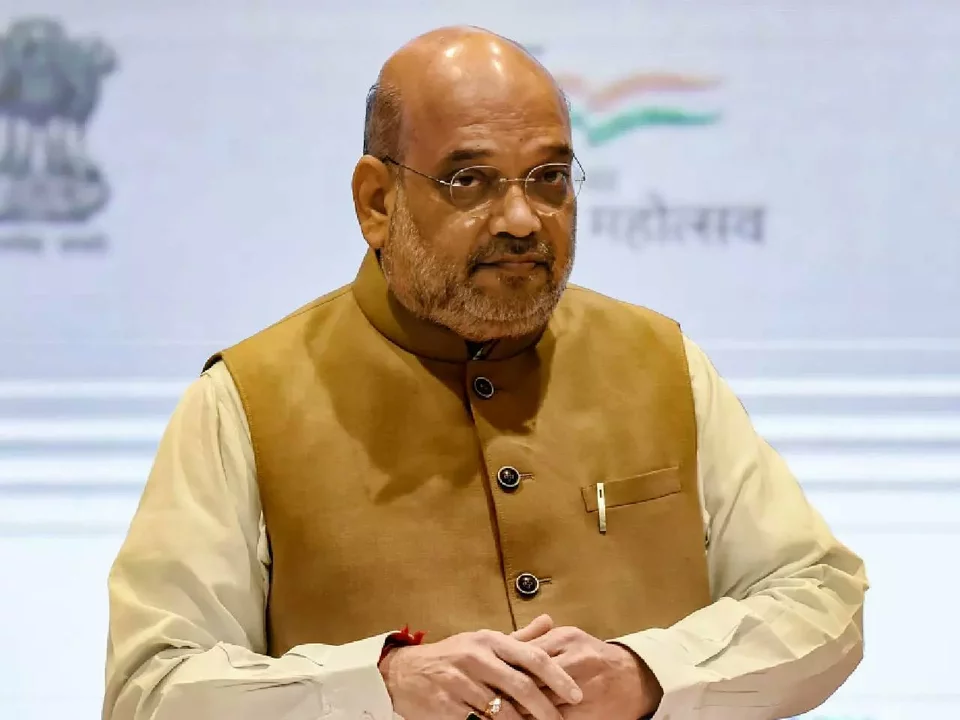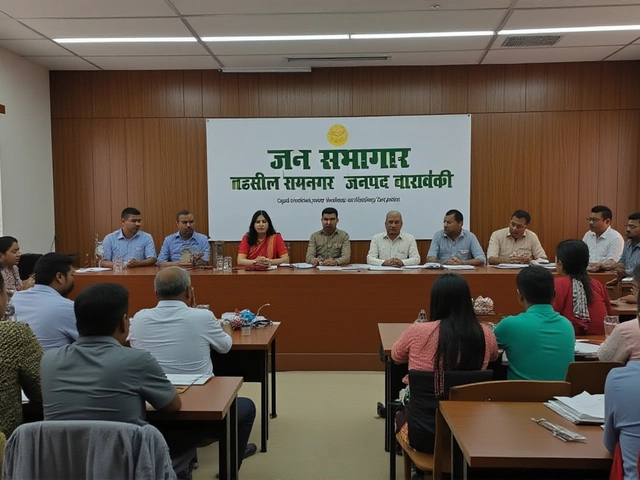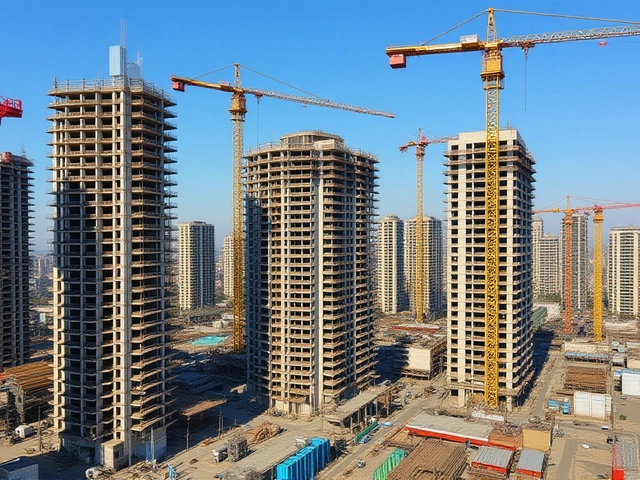Political Analysis
Want clear, no-nonsense explanations of Indian politics? This Political Analysis section breaks down big events, policy moves, and key personalities so you understand what matters and why.
We focus on facts, timelines, official statements, and public reactions — then explain likely outcomes and what to watch next. Expect short summaries, plain-language context, and quick takeaways you can use in conversation or when voting.
What we cover
Election strategies, government policies, legal battles, and the political impact of social and economic trends are core topics here. We also dig into profiles of influential leaders and parties to show how their choices shape everyday life.
Take our recent post, "Does India deserve a politician like Amit Shah?" It looks at his record as Home Minister, key policy moves, controversies, and how citizens' expectations shape his mandate. The piece lays out concrete examples and asks practical questions about leadership that matter to voters.
How we analyze
Each article starts with a short timeline so you see the sequence of events at a glance. After that, we list verified facts, explain the legal or political framework, and highlight possible short- and long-term effects.
Where numbers matter, we show them simply: vote margins, budget figures, or crime statistics, with context so the numbers mean something. Where statements matter, we quote official sources or documented speeches rather than rumor or anonymous claims.
We avoid jargon. If a term like "lobbying" or "federalism" comes up, we give a one-line plain-English definition and move on. That keeps the focus on decisions and outcomes rather than confusing language.
Readers get clear takeaways at the end of each article: three things to remember and two questions to ask your local representatives. Those takeaways are meant to help you form an informed opinion quickly.
Want to follow a topic? Use the tag list on the page to track stories about elections, law, public policy, or individual leaders. You can also find related posts, quick timelines, and opinion pieces that challenge the facts or offer new angles.
We welcome debate and correction. If you spot a missing fact or a better source, say so in the comments and we will check and update the story. Civic discussion improves reporting and helps everyone understand the stakes.
Read one short piece to get context, then come back for deeper analysis when an issue changes. Political news moves fast; our aim is to keep you informed without wasting your time.
Expect updates: when facts change we update stories with timestamps and correction notes so you know what changed.
We clearly label opinion pieces and separate them from factual reporting, so you can tell analysis from commentary.
We often compare policy options with pros and cons and use examples from states — for example GST rollout, land reforms, or public health drives — to show real effects.
If a report includes numbers, we say the source and date, and we show simple charts or bullet lists when that helps understanding. Tell us what else you want covered.





